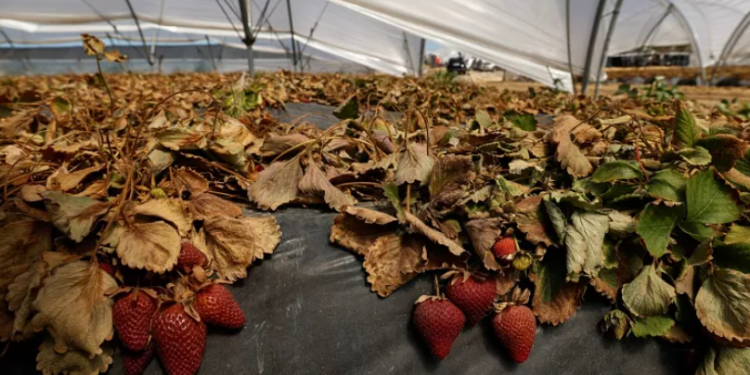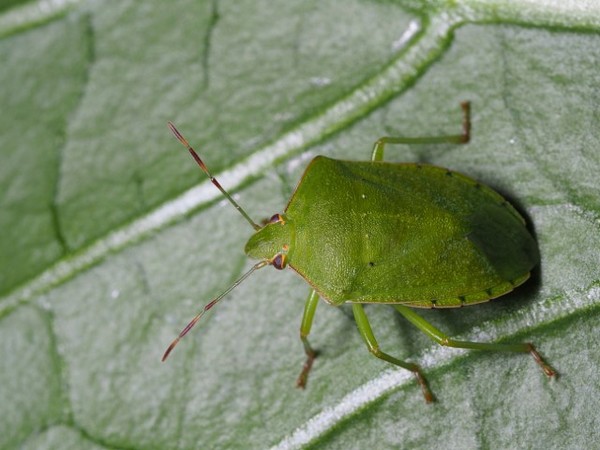#strawberryfarming #Donanawetlands #watercontroversy #environmentalimpact #aterscarcity #drought #conservation #sustainability
The recent legalization of informal land occupation by strawberry farmers has sparked controversy, as environmental scientists warn of devastating consequences for the nearby conservation area. With concerns over water depletion and ecological impact, this article explores the ongoing debate and its implications.
According to recent data, Spain has been grappling with severe drought and unseasonably hot weather, leading to the depletion of Donana’s lagoons and biodiversity. The country experienced its driest and warmest April on record this year, coupled with a record-hot May. As a result, many regions are facing water scarcity, and the delicate balance of the Donana national park is being disrupted.
The contentious bill that legalizes informal land occupation by strawberry farmers near the wetlands has drawn criticism from environmentalists and concerned citizens. A German consumer campaign has even called for supermarkets to boycott strawberries grown in the vicinity of the marshlands. The campaign, which has garnered support from 150,000 individuals, aims to highlight the environmental impact of berry growers’ water demands on the already parched conservation area.
The Donana national park, spanning over 2,700 square kilometers, is home to a significant underground water reserve—one of the largest in Europe. However, the relentless drought and excessive irrigation practices are rapidly depleting this vital resource. The situation has prompted environmental scientists to issue warnings about the devastating effects on the delicate ecosystems within the park.
The strawberry growers association, Interfresa, has strongly opposed the campaign and labeled it as “insidious and damaging” to the industry. However, the concerns raised by environmentalists and scientists cannot be overlooked, as the fragile balance of the Donana wetlands is under threat.
The clash between strawberry farming and the fragile Donana wetlands has sparked a water controversy in Spain. As the country faces an unprecedented drought and record-breaking heat, the ecological repercussions on the park’s biodiversity and underground water reserve are becoming increasingly evident. It is crucial for stakeholders to engage in dialogue and find sustainable solutions that balance the needs of agriculture with the preservation of precious natural resources.










